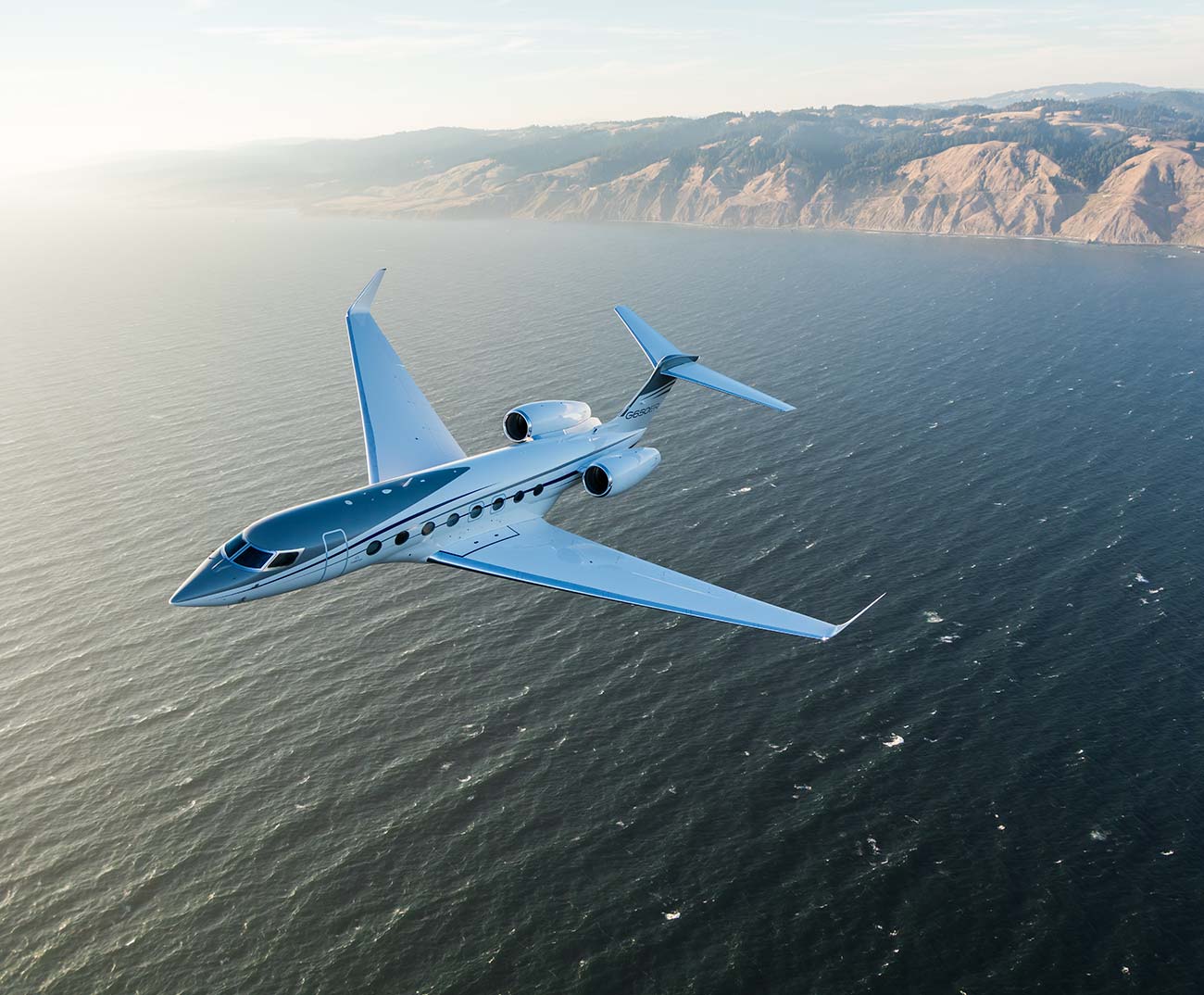Contrary to the European Commission’s original plan to exempt cargo planes and private jets from a fuel surcharge, the EU has for the first time in its history instated a €0.37 ($0.44) fuel tax on private jets, likely to be applied within two years.
In mid-July, the Commission presented a review of the energy tax directives, which would exempt air cargo and private aircraft that are otherwise the most polluting. According to the proposal, EU states should have taxed this type of flight only domestically or under agreements with other EU member states.
The proposed amendments were based on the argument that high taxes would adversely affect both EU haulers and third-country haulers, which would only make trade more difficult. In addition, private flights and “entertainment” flights using the aircraft for personal or leisure purposes would be exempt.
The entry into force of the draft tax should have been approved by all 27 EU member states, but since this did not happen, the end result was that freight flights would remain tax-free, but for the first time in history, private flights will be taxed.
Under the new proposal, therefore, private flights within the European Union will have to pay a fuel tax, which will come into force relatively quickly: within two years. It is estimated that the tax will be around €0.37 per liter, which is a very significant amount. Although the tax levied is relatively high, it is probably still not enough to significantly reduce private flights, as the social strata that travel by private planes will still be able to afford this luxury.
And EU member states can consider how they spend the tax revenue within their borders, or even support energy costs for lower-income households.
A typical business jet like the Gulfstream G650ER carrying a maximum 19 passengers burns 1,714 liters of A-1 jet fuel per hour, which currently costs $0.45 per liter, meaning that the additional tax will effectively double that cost.
Title image: Gulfstream G650ER private jet. (source: gulfstream.com)






